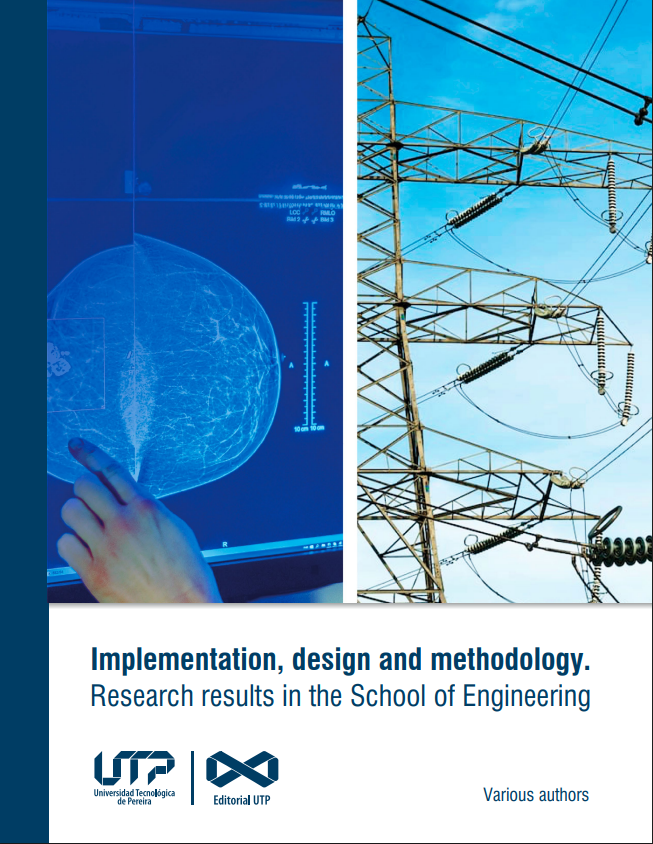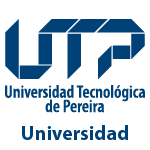
Implementation, design and methodology. Research results in the School of Engineering
Autores:
Ana Julieth Marín-Hurtado
Andrés Escobar-Mejía
Kevin Alejandro Hernández Gómez
Julián David Echeverry Correa
Álvaro Ángel Orozco Gutiérrez
Año de publicación: 2023
Línea editorial: Libro de investigación
SINOPSIS DEL LIBRO
An end-to-end methodology based on deep learning for the detection and localization of microcalcifications in digital mammograms introduces a novel methodology designed for the preprocessing and localization of clusters of microcalcifications (CM) in mammograms, with the primary goal of facilitating early detection of breast cancer. The preprocessing phase encompasses artifact removal and breast segmentation, achieved through advanced techniques such as contrast enhancement and adaptive thresholding. Addressing the challenge of pectoral muscle removal, a common obstacle in mammogram analysis, involves a multi-step strategy incorporating background estimation and K-means segmentation. To localize CM, a convolutional neural network (CNN) is leveraged for the classification of regions of interest (ROI) as either containing CM or not. Subsequently, potential CM-containing ROIs undergo contrast enhancement techniques to amplify CM visibility, followed by filtering to eliminate false positives based on geometric and intensity characteristics. The effectiveness of the methodology is validated using two extensively used datasets, namely mini-MIAS and DDSM, demonstrating superior performance compared to existing methods across various metrics including breast and pectoral muscle segmentation, as well as CM classification. Additionally, a prototype CAD system is developed, seamlessly integrating all processing stages and offering a user-friendly interface for mammogram analysis.
METADATOS
URL: https://hdl.handle.net/11059/15299
DOI: https://doi.org/10.22517/9789587229080
e-ISBN: 978-958-722-908-0
CARACTERÍSTICAS:
Número de páginas: 72














